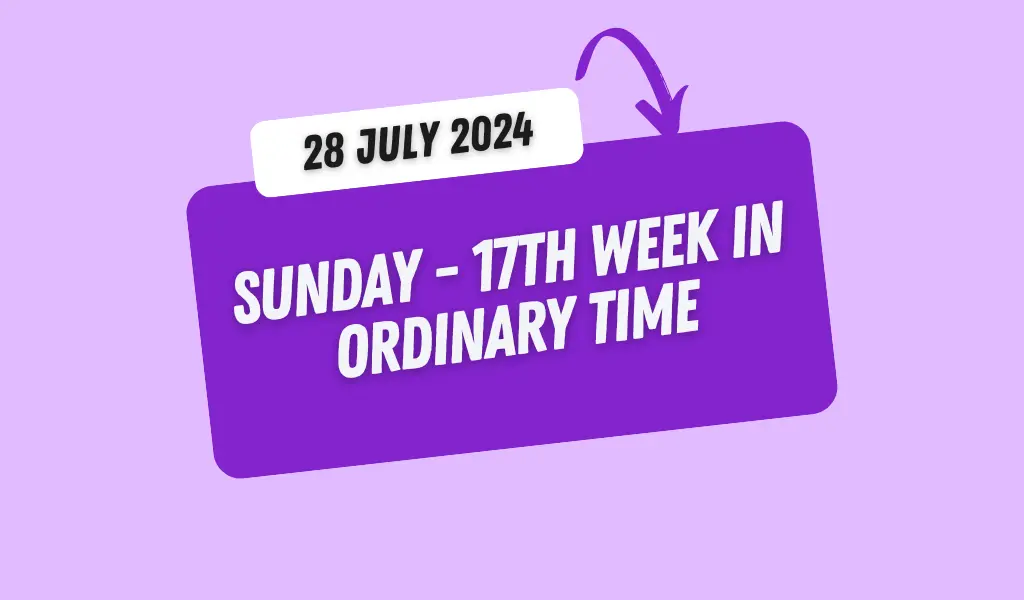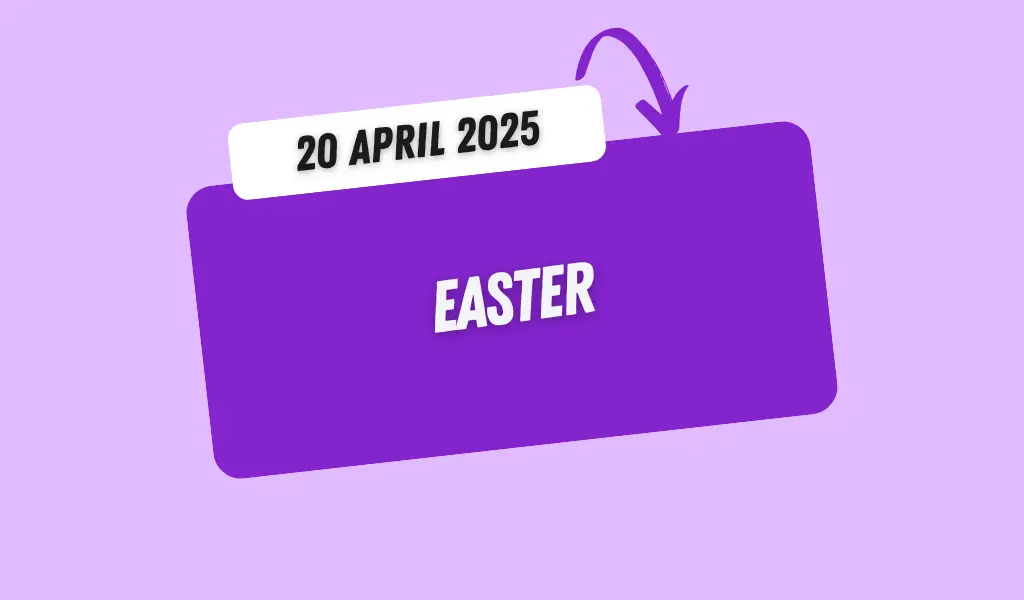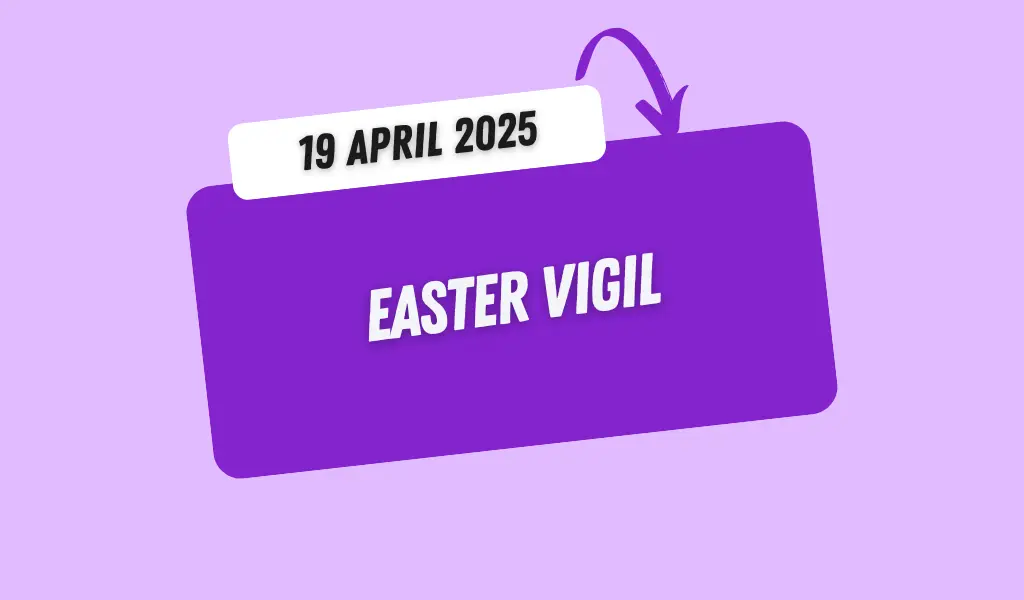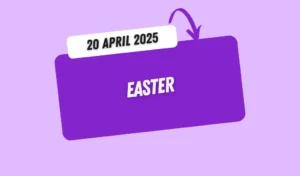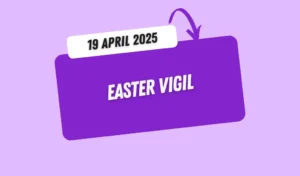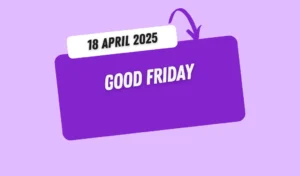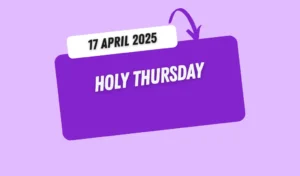Catholic Mass Readings and Reflection July 28, 2024
Seventeenth Week of Ordinary Time
28th July 2024 (Sunday)
Psalter: Week 1
Reading of the Day
First Reading: 2 Kings 4:42-44
In those days: A man came from Baal-shalishah, bringing the man of God bread of the firstfruits, twenty loaves of barley and fresh ears of grain in his sack. And Elisha said, “Give to the men, that they may eat.” But his servant said, “How can I set this before a hundred men?” So he repeated, “Give them to the men, that they may eat, for thus says the Lord, ‘They shall eat and have some left.’” So he set it before them. And they ate and had some left, according to the word of the Lord.
Psalm 145:10-11, 15-16, 17-18 (R. see 16)
R/. You open your hand, Lord, and you satisfy us
Second Reading: Ephesians 4:1-6
Brethren: I, a prisoner for the Lord, urge you to walk in a manner worthy of the calling to which you have been called, with all humility and gentleness, with patience, bearing with one another in love, eager to maintain the unity of the Spirit in the bond of peace. There is one body and one Spirit – just as you were called to the one hope that belongs to your call – one Lord, one faith, one baptism, one God and Father of all, who is over all and through all and in all.
Gospel Acclamation
V/. Alleluia
R/. Alleluia
V/. A great prophet has arisen among us, and God has visited his people.
R/. Alleluia.
Gospel : John 6:1-15
At that time: Jesus went away to the other side of the Sea of Galilee, which is the Sea of Tiberias. And a large crowd was following him, because they saw the signs that he was doing on the sick. Jesus went up on the mountain, and there he sat down with his disciples. Now the Passover, the feast of the Jews, was at hand. Lifting up his eyes, then, and seeing that a large crowd was coming towards him, Jesus said to Philip, “Where are we to buy bread, so that these people may eat?” He said this to test him, for he himself knew what he would do. Philip answered him, “Two hundred denarii worth of bread would not be enough for each of them to get a little.” One of his disciples, Andrew, Simon Peter’s brother, said to him, “There is a boy here who has five barley loaves and two fish, but what are they for so many?” Jesus said, “Make the people sit down.” Now there was much grass in the place. So the men sat down, about five thousand in number. Jesus then took the loaves, and when he had given thanks, he distributed them to those who were seated. So also the fish, as much as they wanted. And when they had eaten their fill, he told his disciples, “Gather up the leftover fragments, that nothing may be lost.” So they gathered them up and filled twelve baskets with fragments from the five barley loaves left by those who had eaten. When the people saw the sign that he had done, they said, “This is indeed the Prophet who is to come into the world!” Perceiving then that they were about to come and take him by force to make him king, Jesus withdrew again to the mountain by himself.
Daily Gospel Reflection
Sunday – Seventeenth Week of Ordinary Time
Guidelines: Our God is a God of abundance. He never leaves us to struggle with our situations of lack. For sure, He comes to our rescue and aid
1. Experience of lacking and scarcity is common to all. What one lacks may be different from one to the other. But the fact that everyone lacks something is very real. This only shows that essentially man carries with himself a deep innate sense of inadequacy and insufficiency.
2. In such situations, a certain degree of dissatisfaction and unhappiness is natural and understandable. But this should not lead one to dissipation, frustration or aggression.
3. What then is a proper and appropriate response? First of all, Accept our basic reality of lack, insufficiency and discontentment. This can help us to become realistic, humble and balanced.
4. Turn to God and confide in Him. Seek him and find him. Make sure that you want to be with him, in listening and being enlightened. This is what the people did. They gave priority to God’s word rather than their hunger and material food. Their main intention was to reach Jesus and be in his company.
5. How far is the location? What about their food? Can they get back to their homes, and procure meals for themselves? These questions did not disturb them much. Maybe they were also sure that Jesus would take care of them. Their trust in Jesus helped them not to bother too much about their hunger.
6. Here the divine logic is simple: they were ready to face hunger and thirst for the sake of Jesus. Therefore, in his turn, the Lord would surely take care of their needs. This can be a great lesson for all of us.
7. This is in perfect tune with the beatitudes as well (cf Mt 5. 3-12). Those who hunger and thirst for righteousness, will be satisfied to the full. If we seek Him and His kingdom first as our priority, surely all the rest shall be added unto us (cf Mt 6.33).
8. Thus, the directive is clear: if lack and scarcity is our basic human reality, if insufficiency and discontentment are its corollaries, then only God of abundance and all-sufficiency can satisfy us, fill us, and fulfil our lives. He provides us not only what is just needed, but what contents us to the fill.
9. The Lord feeds the five thousand not only with the minimum, but with the full. He not only removes their hunger but also nourishes them to their heart’s content. Further, there are also extra, twelve baskets of leftovers. Jesus is sensitive and senses their need. He comes to relieve them from their struggle.
10. From our part, to experience God’s abundance and all- sufficiency, what is needed is: to feel insufficient and lacking; to crave deeply for God’s presence, guidance and power; to sit at his feet and listen to him attentively. Only those who nurture this perennial hunger and thirst and seek God, can experience his abundance!
11. Another requirement is a humble faith. A true faith makes us understand that problems and suffering are not signs of God’s indifference or unconcern. The experiences of scarcity and lack are not signs of ill-fate or disgrace. They are “tests”, the examination boards that test and testify the depth and stability of our faith. Therefore, we need not be discouraged when things go wrong. We can accept them as God-given opportunities to purify and solidify our faith.
12. There is also another prerequisite and that is, sharing our little lot with others. The one who had the five loaves and two fish does not retain them for him alone. But he readily places them at the disposal of others. If only the boy was not happy to give away his loaves, then Jesus’ multiplication of loaves and fish would have taken a different route.
Practice: God does not look at the quantity of what we are giving. Rather, he weighs and values the spirit of sharing and generosity.
